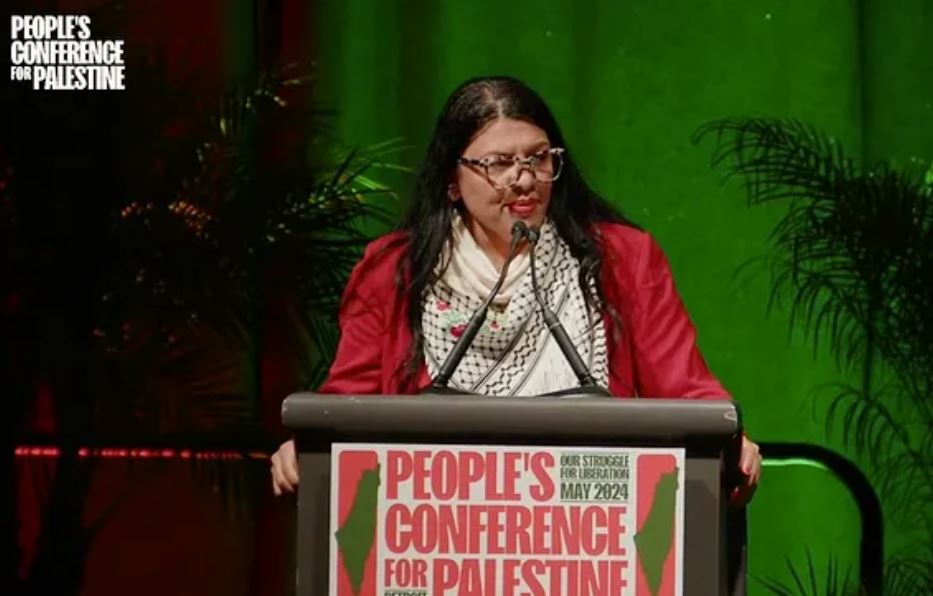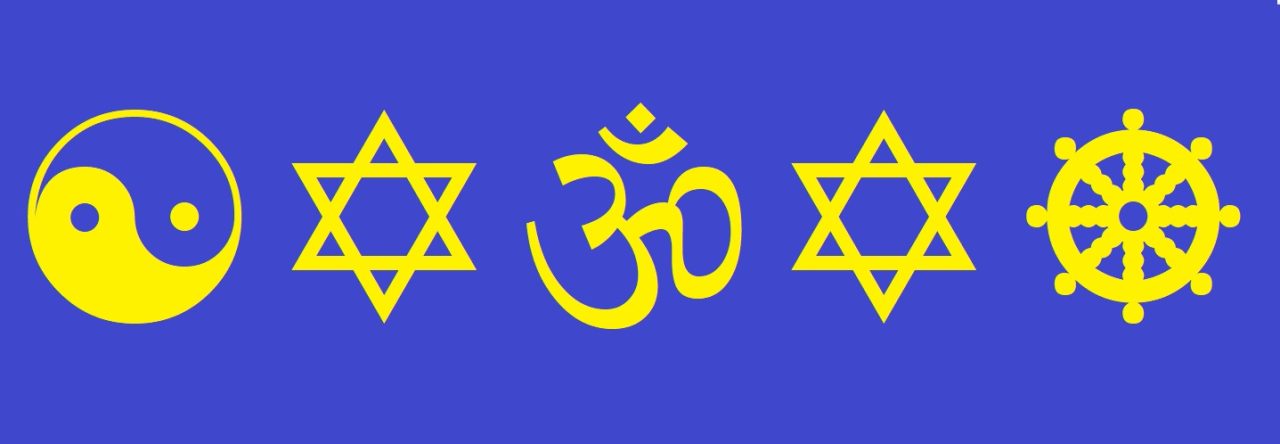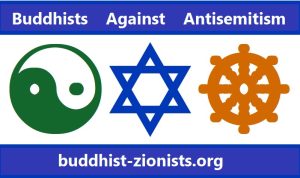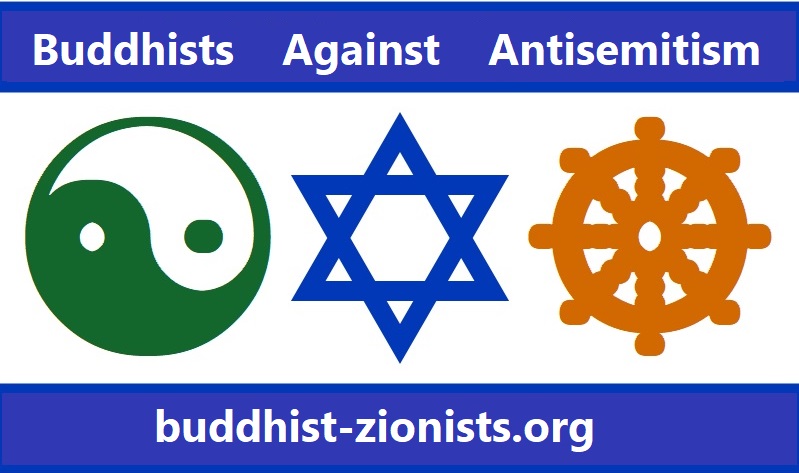
Hajj Amin al-Husseini reviewing Bosnian Waffen SS Volunteers
All criticism of Israel is not necessarily antisemitic. Nor is all criticism of Zionism automatically antisemitic. So how does one distinguish between legitimate criticism and antisemitism?
This is not a new question. Going back to 1948 (and even before) explicit antisemitism has been inextricably linked to the Arab rejection of the very idea, let alone the reality, of a Jewish state in Palestine. This is not in any way an exaggeration or a mischaracterization.
Hajj Amin al-Husseini, who has been described by Edward Said as “Palestine’s national leader”, stated in an interview in March of 1948 that Arabs “would continue fighting until the Zionists were annihilated and the whole of Palestine became a purely Arab state.” At that time al-Husseini was the chairperson of the Arab Higher Committee (AHC), which, again according to Edward Said, “represented the Palestinian Arab national consensus, had the backing of the Palestinian political parties that functioned in Palestine, and was recognized in some form by Arab governments as the voice of the Palestinian people.” [see Said’s book “Blaming the Victims”, Verso, 1988, p. 248].
Edward Said has also said of al-Husseini and the Arab Higher Committee (AHC), that they “kept Palestinian hopes alive” after the catastrophic defeat of the Arab armies who fought ineptly and unsuccessfully to prevent the formation of the state of Israel in 1948. And just what was it that the Palestinians were “hoping” for? In a 1974 interview, al-Husseini stated “There is no room for peaceful coexistence with our enemies. The only solution is the liquidation of the foreign conquest in Palestine within its natural frontiers and the establishment of a national Palestinian state on the basis of its Muslim and Christian inhabitants and its Jewish [inhabitants] who lived here before the British conquest in 1917 and their descendants.”
Let’s be clear about what “Palestine’s national leader” is stating above: he is advocating for the complete eradication of the state of Israel and the expulsion of all Jews, with the possible exception of those who were in Palestine prior to 1917 and their descendants. [For the quotes from al-Husseini, see 1948: A History of the First Arab-Israeli War by Benny Morris, Yale, 2008, pp. 408-409.]
One thing that we must learn from al-Husseini is that it is perfectly reasonable to suspect antisemitism whenever one hears the chant “From the River to the Sea!”, or even when we hear of people being “in solidarity with Palestine”. The Arab rejection of Israel and Zionism has always been rooted in antisemitism.
To learn more:
- Blaming the Victims: Spurious Scholarship and the Palestinian Question by Edward Said, Verso, 1988
- 1948: A History of the First Arab-Israeli War by Benny Morris, Yale Univ Press, 2009
- The War of Return: How Western Indulgence of the Palestinian Dream Has Obstructed the Path to Peace by Adi Schwartz and Einat Wilf, All Points Books, 2020
- Rashida Tlaib Speaks at Detroit Conference Tied to Terrorist Group By Francesca Block and Eli Lake, The Free Press, May 27, 2024
- ‘There is a clash of civilisations’: An interview with Benny Morris fathomjournal.org, Autumn, 2015
- Antisemitism in the Middle East: Unpacking the Root Causes and Implications for Regional Stability GW Program on Extremism, Nov 21, 2023

Photo of Rashida Tlaib speaking at a conference where she shared the platform with multiple members and supporters of a Palestinian terrorist group: The People’s Front for the Liberation of Palestine, a group dedicated to the violent eradication of the state of Israel. From the Free Press article linked to above.

 Buddhists should oppose antisemitism. Duh. But what is antisemitism?
Buddhists should oppose antisemitism. Duh. But what is antisemitism?